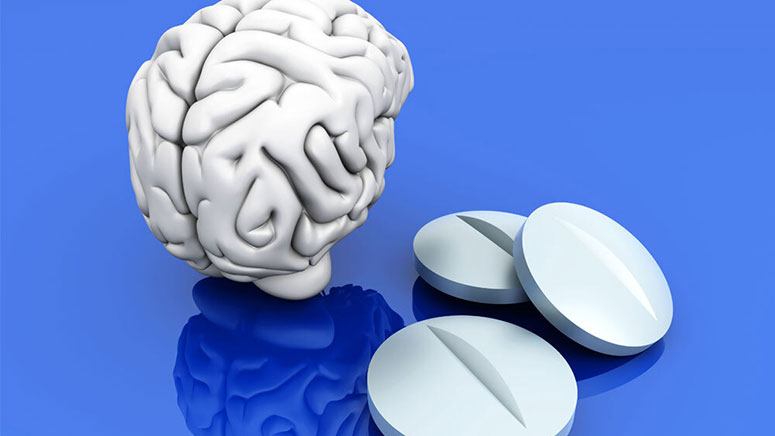Use of Antipsychotic Drugs

Antipsychotic drugs are usually the first set of drugs prescribed for the treatment of schizophrenia. They work by inhibiting the effect of dopamine in the brain. They are effective as they help to decrease some of the symptoms of schizophrenia like anxiety some hours after use. However, it takes a lot of time to decrease other symptoms like hallucinations. These drugs can be taken orally and through the use of injections.
There are two major types of antipsychotic drugs:
- First-generation antipsychotic drugs
- Second-generation antipsychotic drugs
The first-generation antipsychotic drugs were the first set of drugs that were used to treat schizophrenia. These drugs are known to cause serious side effects. The most common side effect they are known to cause is tardive dyskinesia [2] which is a movement disorder. Examples of first-generation antipsychotic drugs may include:
- Haloperidol [3]
- Pimozide
- Thiothixene
- Chlorpromazine
- Fluphenazine
Second-generation antipsychotic drugs which are the newer drugs are usually more recommended than first-generation antipsychotic drugs because they do not cause a serious side effect. There are various examples of second-generation antipsychotic drugs and each of them causes different side effects that are not usually fatal. These side effects may include
- Dry mouth
- Hypotension
- Constipation
Examples of second-generation antipsychotic drugs may include
- Clozapine
- Iloperidone
- Lurasidone [4]
- Aripiprazole
- Risperidone
- Cariprazine [5]
- Olanzapine
- Quetiapine
You should discuss with your doctor the antipsychotic drug which is best for you to take. If the side effects of any of these drugs get worse, you should tell your doctor so that an alternative drug can be provided.













